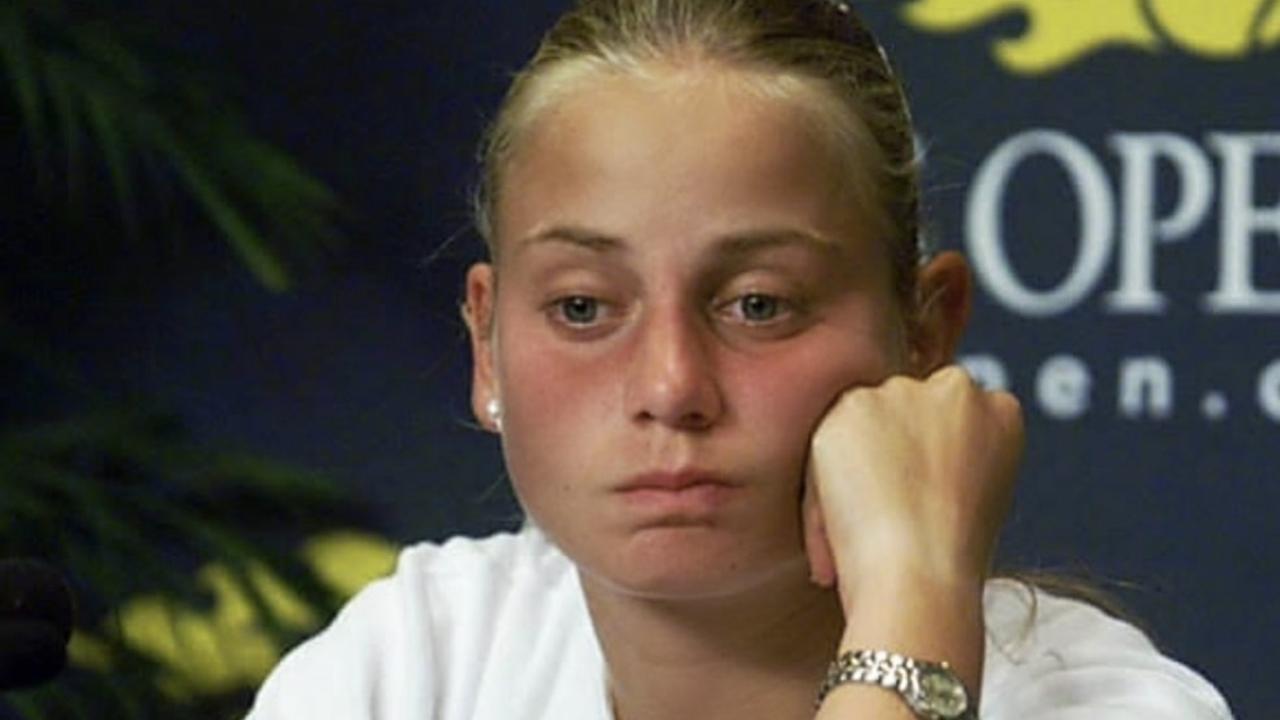System designed to pinpoint suicide clusters
A new plan will monitor emerging suicide clusters in real time, as it’s revealed 700 people have taken their own lives in just one state this year.
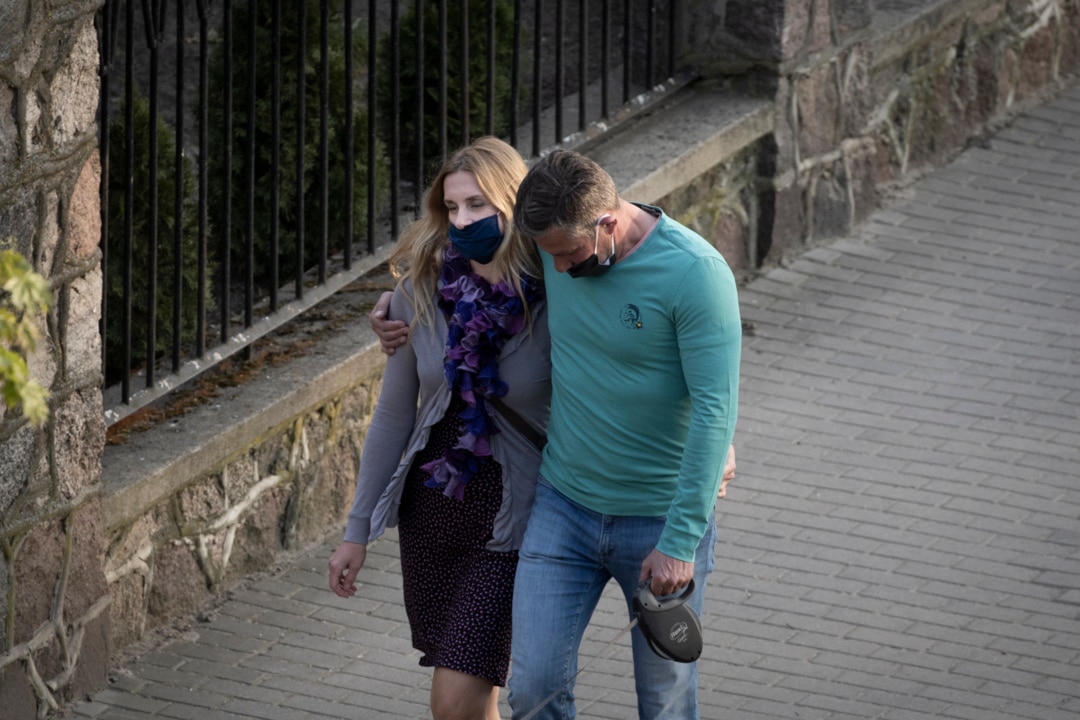
A new program will help track suicides in real time, allowing schools, health workers and departments to track any worrying trends.
Close to 700 people took their own lives in NSW between January 1 and the end of September this year, including more than 20 people in Sydney’s northern beaches alone.
The new monitoring system would provide real-time data regarding a victim’s location, age and gender.
That information will be published on the NSW Health website meaning anyone, including schools, health departments and frontline workers, can access it.
Data will be made available within about a month of a person dying, compared to an average of 12 months previously.
“This means that from right now, we will be able to make critical decisions about services and local health responses in communities where we can effectively see risks emerging in real-time instead of reacting to year-old data,” Mental Health Minister Bronnie Taylor said.
“This has been something that people have been calling for quite some time.”
The announcement comes months after a youth suicide cluster popped up on Sydney’s northern beaches, where several school students took their own lives this year.
While Ms Taylor denied the program had been developed in response to any one cluster, she said the idea behind the program was to target any clusters that may develop in the future.
“Every single death by suicide is a tragedy, not only to for the person but to their family to their loved ones, and to their entire community,” she said.
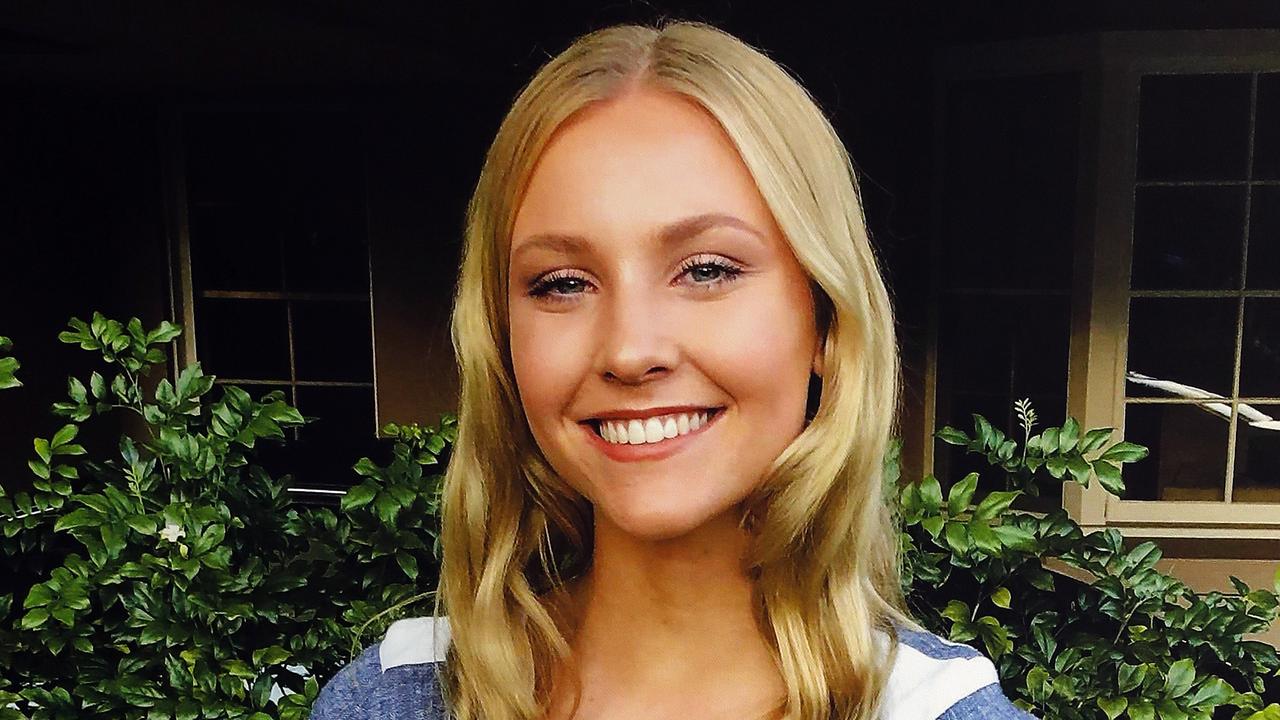
Suicide rates have remained relatively steady in 2020 despite the ongoing coronavirus crisis which has up-ended families and businesses.
About 673 people took their own lives in NSW (between January 1 and September 30), compared to 672 for the same period last year.
The majority of those are males with 505 tragically taking their lives, compared to 168 females.
Ms Taylor said while rates were steady, they needed to come down.
“Are we going to do everything within our power, every single day to make sure people have the health that they deserve? Absolutely.” she said.
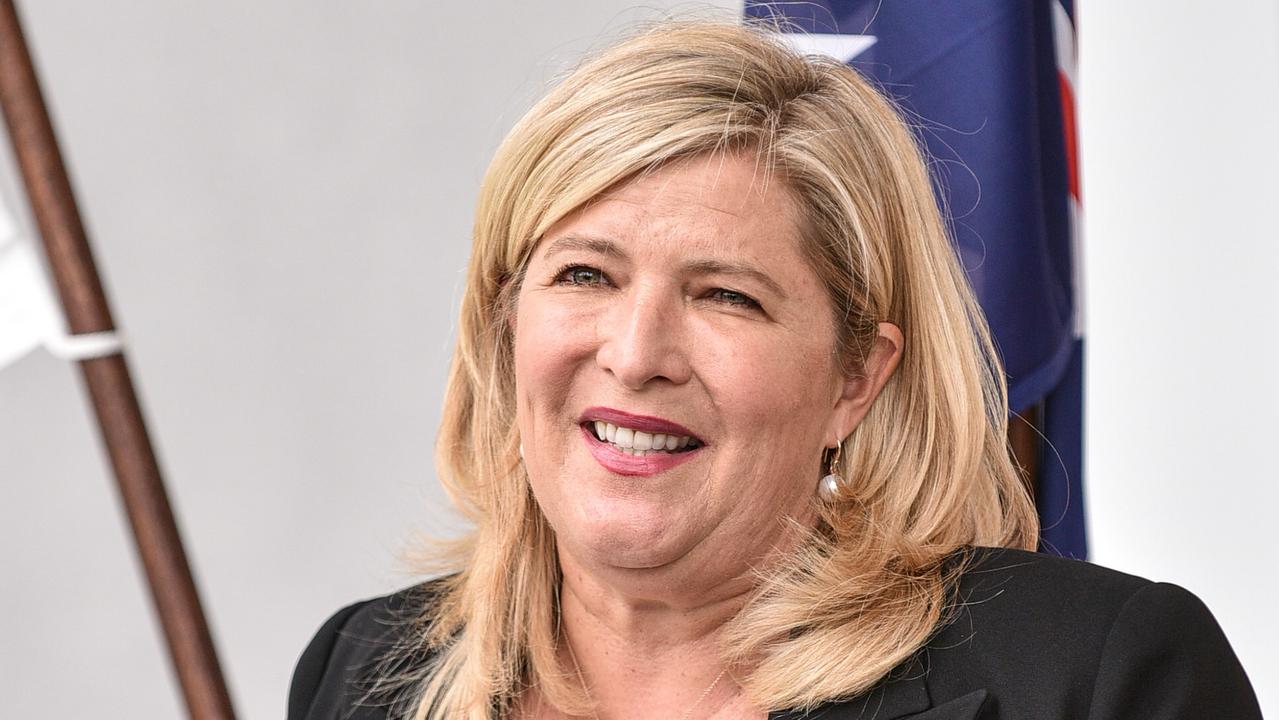
When asked why it had taken so long for the government to implement this system, Ms Taylor said the process had required various services to come together to make an accurate and timely system.
Attorney-General Mark Speakman said the system would provide “meaningful insights” for those on the frontline.
“We’re hoping to make a more sophisticated data collection in the coming months and years so we can pinpoint where problems are and throw appropriate resources at those areas and target our responses so we can drive suicides down in NSW,” he told reporters on Monday.
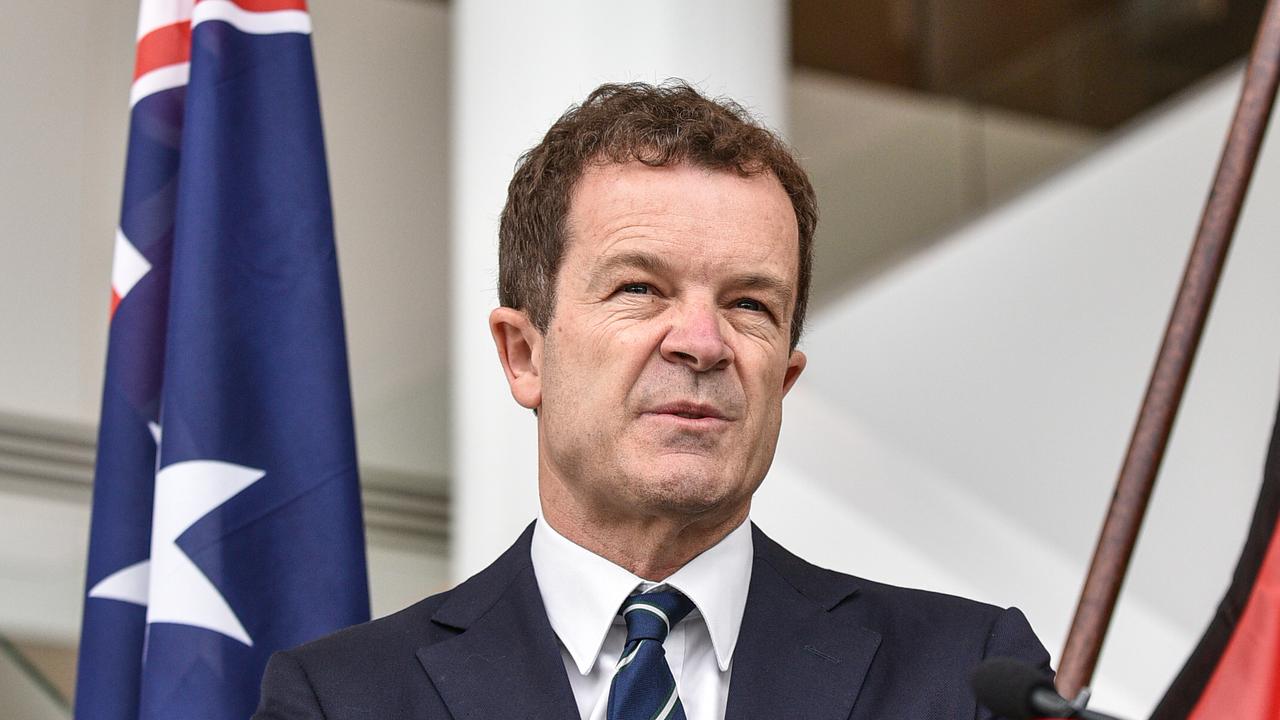
Labor leader Jodi McKay called for a royal commission into mental health and suicide on Sunday after almost 1000 people took their own lives in NSW last year.
“Too many young people are dying by suicide,” Ms McKay said.
“At the height of the drought, men were taking their own lives. Mental health is a huge problem and families are going through hell across NSW because they’re not getting the support they need.
“We must urgently ensure mental health services are accessible for young people in schools and for everyone in regional and rural NSW. I’m calling for a royal commission to get to the bottom of what’s gone so terribly wrong in the provision of mental health services.”
The next stage of the program, which is part of the Berejiklian government’s Towards Zero campaign, will be to develop the data set to include information about the social, economic and other pressures a person may have experienced, as well as any previous contact with health services.


